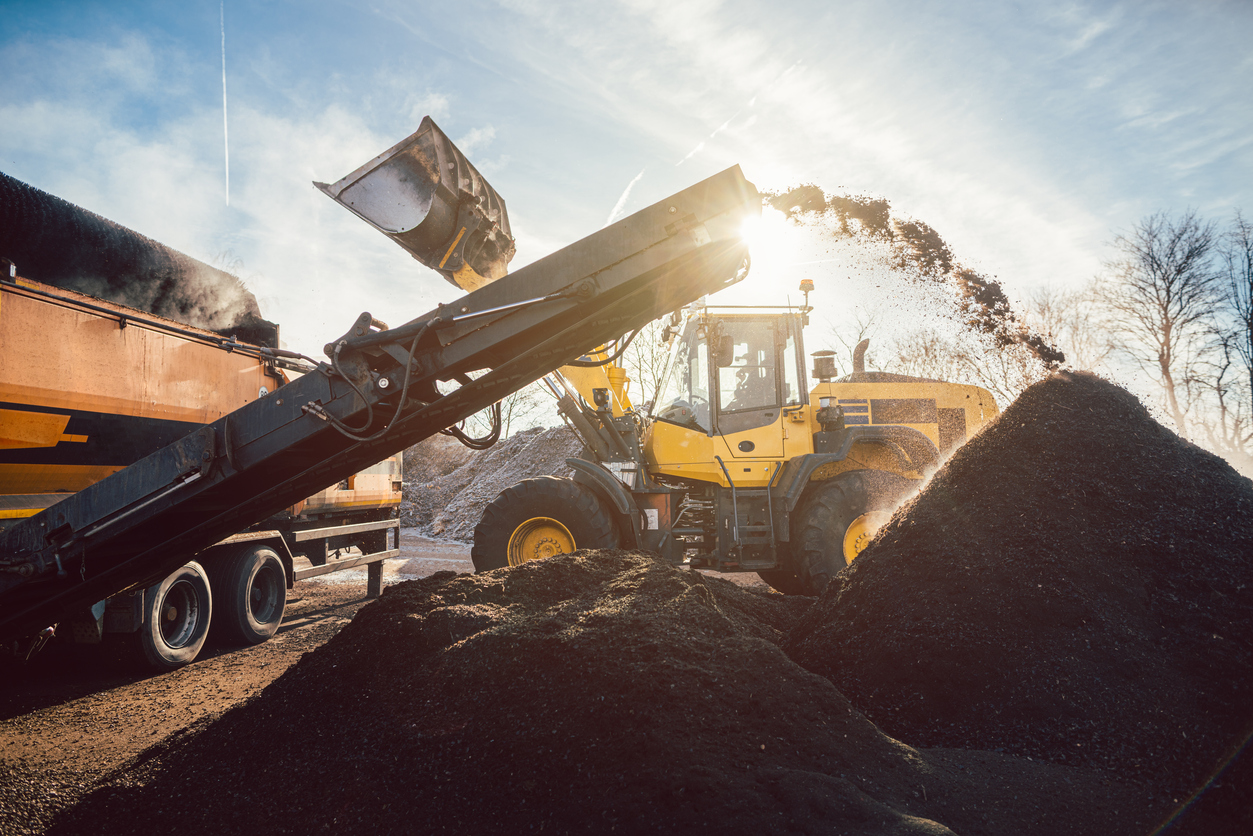30 Jun 2020
A circular economy for organics in Victoria
Organics are fast becoming the flagship sector for Australia to divert waste from landfill and ultimately establish a circular organic economy in Victoria.
When talking about a circular organic economy, waste management and agriculture – two industries that traditionally have been separated – must address the need for collaboration. The waste industry has separated organic waste for some time, but a lack of national directive and guidelines has produced compost with inconsistent quality. Producers have launched into operations without an end market, farms have applied inadequate product, and financial and operational barriers have been poorly considered.
However, recent developments in the Victorian organics market are promising, albeit ambitious, as outlined in commitments in Recycling Victoria – A new economy from the Department of Environment, Land, Water and Planning. Key targets in this document include:
- 80% landfill diversion by 2030 (72% by 2025)
- 15% reduction of total waste generation by 2030
- 50% reduction in landfilled organics by 2030 (20% by 2025)
- 100% of Victorian households to have access to Food Organics and Garden Organics (FOGO) and recycling collection by 2030.
In addition, the 2020 Infrastructure Victoria – Advice on recycling and resource recovery infrastructure report outlines the current landscape of waste production and processing capacity, and compares it with the capacity needed to achieve the targets outlined above. The report includes recommendations for:
- FOGO collections in all Victorian local government areas
- An additional organics processing capacity of 130,000 tonnes per annum (tpa) by 2025 and 555,000 tpa by 2039
- Six new open windrow composting sites in regional Victoria
- Seven new in-vessel composting facilities in metropolitan Melbourne and regional Victoria
- Two new anaerobic digesters in Melbourne to process food waste.
What is a circular organic economy?
A circular organic economy allows food and other organic resources to be re-directed from landfill into a self-sustaining organics recycling supply chain that helps to rebuild soil health, support the economy and sustainable farming practices, and ultimately benefit the environment.
If organic resources are managed effectively, they can be part of a circular economy for food. The circularity of the organics diversion is as follows:
- Separate food and garden material
- Compost
- Reduce greenhouse gas emissions from landfill
- Reduce environmental pollution whilst generating employment
- Expand homegrown industry
- Facilitate agriculture to re-integrate sustainable organics amendments in operations
- Improve soil health
- Capture carbon
- Reduce environmental pollution
- Reduce leaching of nutrients and the need to apply synthetic nutrients
- Produce sustainable high quality produce.
How can RMCG help?
The opportunity to participate in this organic circular economy is relevant to farmers, local council, regional groups, water authorities and private enterprises. Whether it is for collection, processing or application of organics, now is a good time to start planning where and how to have a role.
RMCG has a team of experienced consultants who can help you identify and implement opportunities in your area. See our experience in recycled water and organic waste management or contact Isabel Axiö for more information.
Phone: 0424 966 367
Email: isabela@rmcg.com.au
